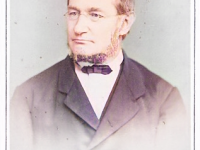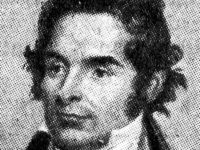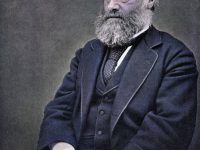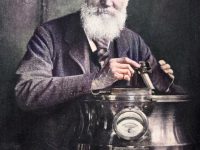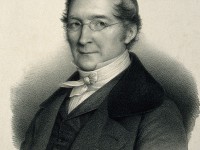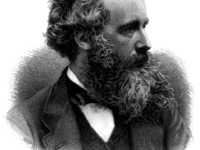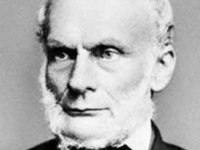Julius von Mayer – Energy can neither be created or destroyed
On November 25, 1814, German physician and physicist Julius Robert von Mayer was born. He is best known for enunciating in 1841 one of the original statements of the conservation of energy or what is now known as one of the first versions of the first law thermodynamics, namely that “energy can be neither created nor destroyed“. “Nature has put itself the problem of how to catch in flight light streaming to the…
Read more

